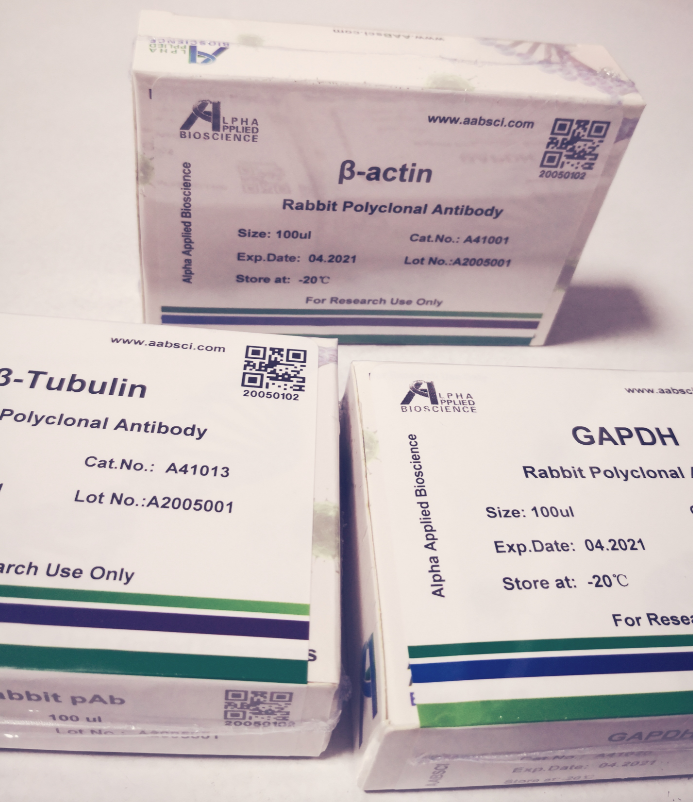

Product description
mechanistic target of rapamycin(MTOR) Homo sapiens The protein encoded by this gene belongs to a family of phosphatidylinositol kinase-related kinases. These kinases mediate cellular responses to stresses such as DNA damage and nutrient deprivation.
Source
Rabbit
Applications
IF,WB,IHC,ELISA
Reactivity
Human,Mouse,Rat
Dilution
IF: 1:50-200 WB: 1/500 - 1/2000. IHC: 1/100 - 1/300. ELISA: 1/10000. Not yet tested in other applications.
Storage
-20°C/1 year
Specificity
mTOR Polyclonal Antibody detects endogenous levels of mTOR protein.
Source/Purification
The antibody was affinity-purified from rabbit antiserum by affinity-chromatography using epitope-specific immunogen.
Immunogen
The antiserum was produced against synthesized peptide derived from human mTOR. AA range:2412-2461
Uniprot No
P42345
Alternative names
MTOR; FRAP; FRAP1; FRAP2; RAFT1; RAPT1; Serine/threonine-protein kinase mTOR; FK506-binding protein 12-rapamycin complex-associated protein 1; FKBP12-rapamycin complex-associated protein; Mammalian target of rapamycin; mTOR; Mechanistic tar
Form
Liquid in PBS containing 50% glycerol, 0.5% BSA and 0.02% sodium azide.
Clonality
Polyclonal
Background
mechanistic target of rapamycin(MTOR) Homo sapiens The protein encoded by this gene belongs to a family of phosphatidylinositol kinase-related kinases. These kinases mediate cellular responses to stresses such as DNA damage and nutrient deprivation.
Other
Gene_name: MTOR ; Protein_name: Serine/threonine-protein kinase mTOR; Expression: B-cell,Brain,Cerebellum,
Mol.Wt (Da)
220 kD
Concentration
1 mg/ml
-

Promotion
-

Order
-

Online message
-

Help center
 400-8363-211
400-8363-211
 Login
Login

 DataSheet
DataSheet
